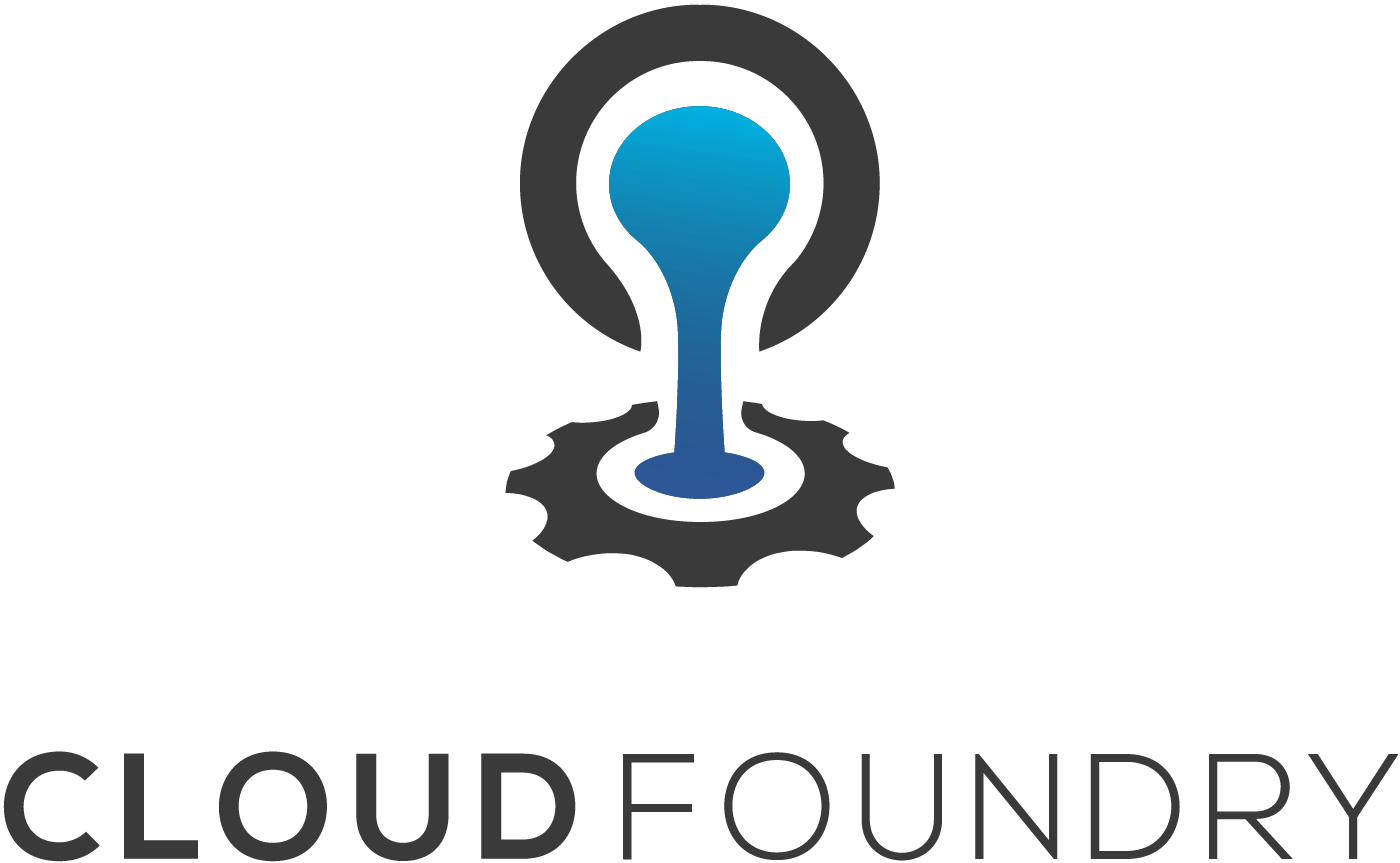Severity
Medium
Vendor
Canonical Ubuntu
Versions Affected
- Canonical Ubuntu 16.04
Description
Bodong Zhao discovered a use-after-free in the Sun keyboard driver implementation in the Linux kernel. A local attacker could use this to cause a denial of service or possibly execute arbitrary code. (CVE-2020-25669)
It was discovered that the jfs file system implementation in the Linux kernel contained an out-of-bounds read vulnerability. A local attacker could use this to possibly cause a denial of service (system crash). (CVE-2020-27815)
Shisong Qin and Bodong Zhao discovered that Speakup screen reader driver in the Linux kernel did not correctly handle setting line discipline in some situations. A local attacker could use this to cause a denial of service (system crash). (CVE-2020-27830, CVE-2020-28941)
It was discovered that the memory management subsystem in the Linux kernel did not properly handle copy-on-write operations in some situations. A local attacker could possibly use this to gain unintended write access to read-only memory pages. (CVE-2020-29374)
Michael Kurth and Pawel Wieczorkiewicz discovered that the Xen event processing backend in the Linux kernel did not properly limit the number of events queued. An attacker in a guest VM could use this to cause a denial of service in the host OS. (CVE-2020-29568)
Olivier Benjamin and Pawel Wieczorkiewicz discovered a race condition the Xen paravirt block backend in the Linux kernel, leading to a use-after-free vulnerability. An attacker in a guest VM could use this to cause a denial of service in the host OS. (CVE-2020-29569)
Jann Horn discovered that the tty subsystem of the Linux kernel did not use consistent locking in some situations, leading to a read-after-free vulnerability. A local attacker could use this to cause a denial of service (system crash) or possibly expose sensitive information (kernel memory). (CVE-2020-29660)
Jann Horn discovered a race condition in the tty subsystem of the Linux kernel in the locking for the TIOCSPGRP ioctl(), leading to a use-after- free vulnerability. A local attacker could use this to cause a denial of service (system crash) or possibly execute arbitrary code. (CVE-2020-29661)
CVEs contained in this USN include: CVE-2020-25669, CVE-2020-27815, CVE-2020-29660, CVE-2020-27830, CVE-2020-29568, CVE-2020-29374, CVE-2020-29569, CVE-2020-29661, CVE-2020-28941.
Affected Cloud Foundry Products and Versions
Severity is medium unless otherwise noted.
- Xenial Stemcells
- 456.x versions prior to 456.145
- 621.x versions prior to 621.108
- All other stemcells not listed.
Mitigation
Users of affected products are strongly encouraged to follow the mitigations below. The Cloud Foundry project recommends upgrading the following releases:
- Xenial Stemcells
- Upgrade 456.x versions to 456.145 or greater
- Upgrade 621.x versions to 621.108 or greater
- All other stemcells should be upgraded to the latest version available on bosh.io.
References
History
2021-03-01: Initial vulnerability report published.



